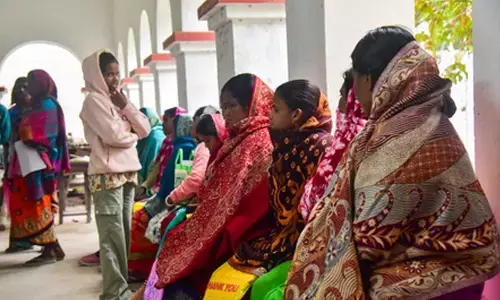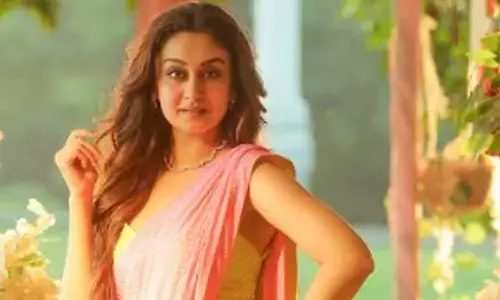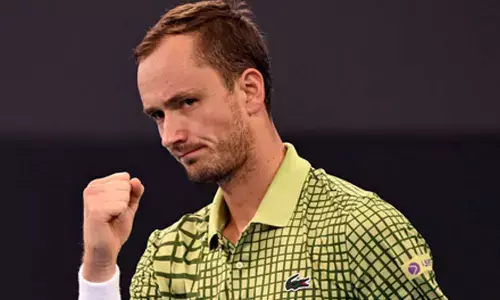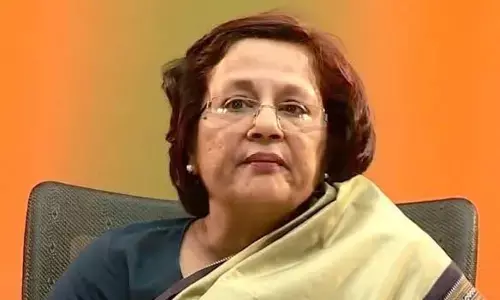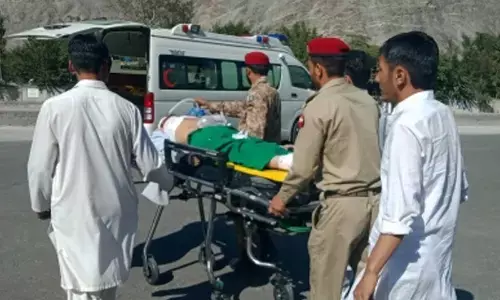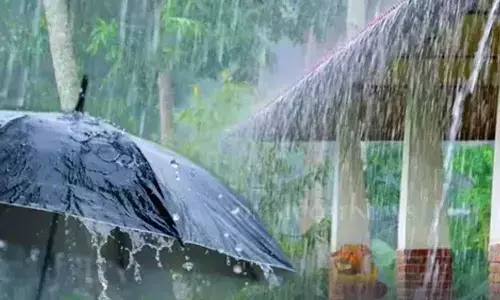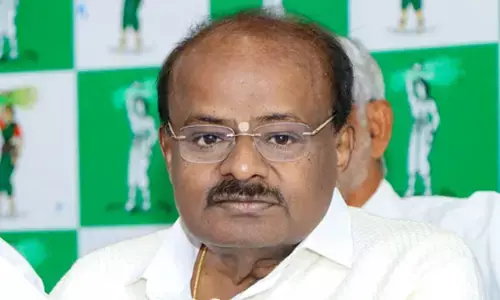No migration from unrecognised to recognised medical college: Supreme Court
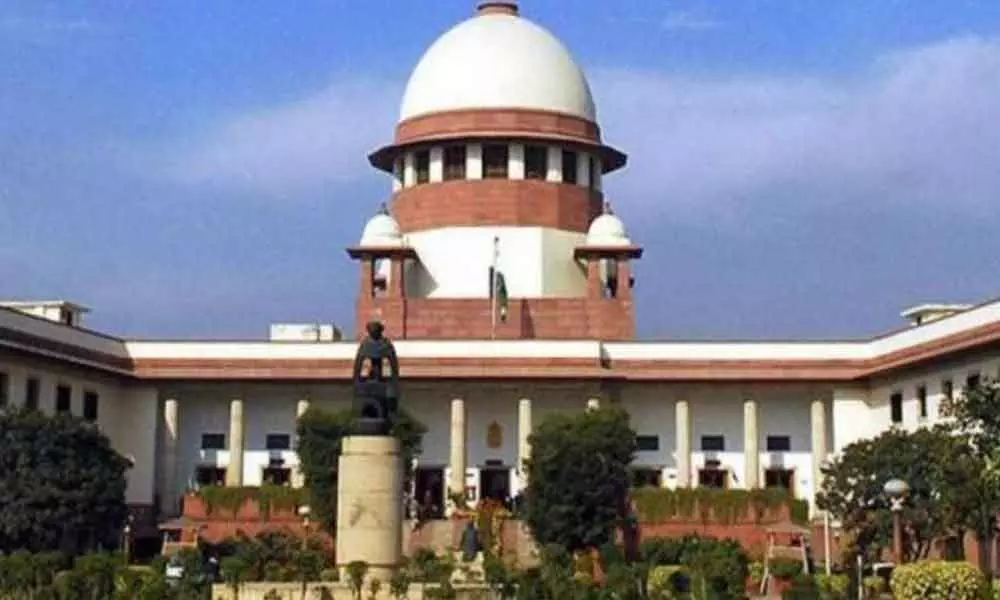
Supreme Court
The Supreme Court has ruled that migration of a medical student from one college to another can be allowed only if both institutions are recognised by the Centre under the law.
New Delhi: The Supreme Court has ruled that migration of a medical student from one college to another can be allowed only if both institutions are recognised by the Centre under the law.
A bench comprising Justices L Nageswara Rao and Indira Banerjee said: "The term 'migration' cannot be read out of context without reference to the Regulations which clearly provide that both colleges should be recognised under Section 11(2) of the Act."
The bench said that a college in which the petitioner, MBBS student Anchal Parihar, is studying is yet to be recognised under the said Section and hence her migration cannot be permitted contrary to regulations.
The Rajasthan High Court had allowed Parihar's plea for migration from Ananta Institute of Medical Sciences and Research Centre at Rajsamand to Dr SN Medical College, Jodhpur.
Setting aside the HC order, the apex court said: "The interpretation of Regulation 6(2) by the High Court is patently erroneous. The Regulation clearly lays down a restriction of migration from an unrecognised college to a recognised college."
The SC bench emphasised that Regulation 6(2) provides that migration is permissible only if both the colleges are recognised under Section 11(2) of the Indian Medical Council Act, 1956.
Rajasthan Additional Advocate General Manish Singhvi submitted that the Principal of the Government Medical College where the transfer was sought had granted no-objection certificate to Parihar as a vacancy existed in the college.
Parihar's counsel Atul Jha submitted that the decision not to grant permission for his client's migration is discriminatory.
Jha supported High Court judgment by referring to relaxation in regulations in favour of Daksh Sharma and other candidates by the Medical Council. He submitted that Parihar's father suffers from cancer and the migration sought by the first respondent should be considered on humanitarian grounds.
The Medical Council of India counsel Gaurav Sharma contended that migration is not permitted from a private college to a government one.
Sharma told the bench that the candidate from the OBC category was placed in the 6,73,898 rank in the merit list as she had secured only 110 of the total 720 marks in NEET (UG)-2018.
"The cut-off for admission in respect of OBC category in Dr SN Medical College at Jodhpur, a government medical college, to which she seeks migration is 560 out of 720 marks," argued Sharma.
Jha submitted that there are other candidates who have been extended the benefit of relaxation in Regulations, whose particulars are not forthcoming.
The bench observed: "It cannot be said that the first respondent (Parihar) is similarly situated to Daksh Sharma as the request made by the first respondent is contrary to the Regulations."








